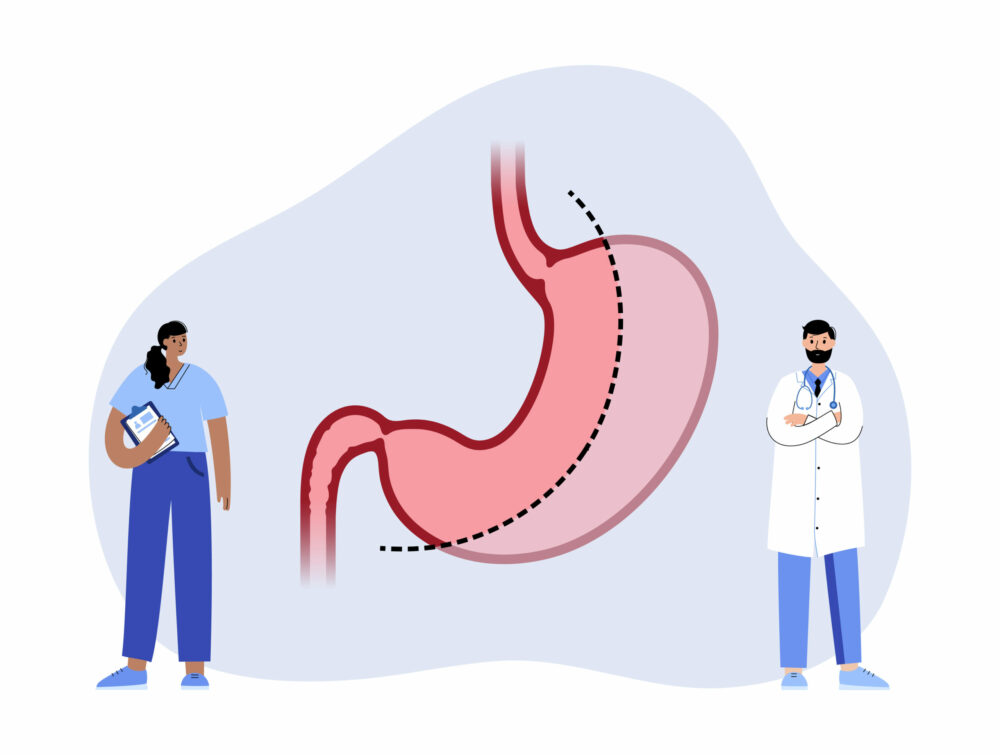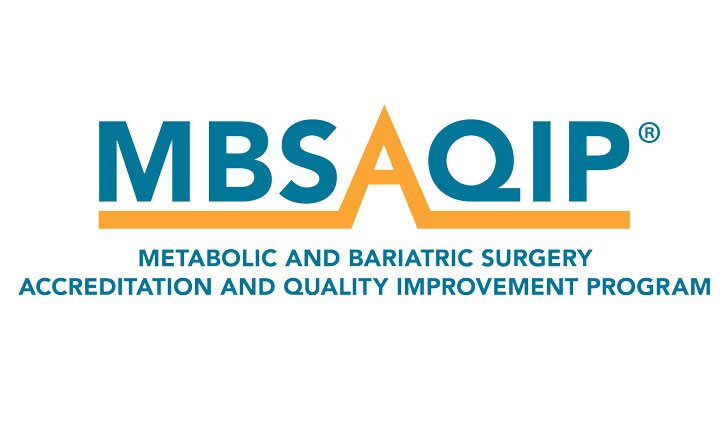Bariatric Surgery & Diabetes – What You Need to Know in 2023 – Part 2
Part 2: Long-Term Outcomes of Bariatric Surgery in Managing Diabetes
Bariatric surgery is the most effective way to manage diabetes. If you read Part One in this series on bariatric surgery and diabetes, you already know:
- that gastric bypass surgery and gastric sleeve surgery can improve, or even resolve, Type 2 diabetes.
- Whether or not you are a good candidate for bariatric surgery.
How bariatric surgery improves health and reduces obesity-related mortality.
Short-Term and Long-Term Risks and Complications of Bariatric Surgery
There are risks associated with every type of surgery, but bariatric surgery is remarkably safe—statistically it’s as safe as a knee replacement. Short-term risks, though very low, include:
- Infection
- Excessive bleeding
- Adverse reactions to anesthesia
- Blood clots
- Breathing problems
- Gastrointestinal leakage
Long-term complications with bariatric surgery are also rare, but include:
- Bowel obstruction
- Dumping syndrome
- Gallstones
- Hernias
- Hypoglycemia
- Malnutrition
- Ulcers
- Acid reflux
- Vomiting
Some patients may also need a second surgery, especially if they regain significant weight.
Of course, your individual health history affects your risk. The American Association for Metabolic and Bariatric Surgery has created a calculator that can show you your 10-year Individualized Diabetes Complications Risk Score, which provides evidence-based risk about your risk of cardiovascular outcomes and death, with and without bariatric and metabolic surgery.
Sustained Weight Loss and Diabetes Remission: What to Expect
Now that you understand the risks of bariatric surgery (which are few), let’s look at the long-term benefits (which are many). To begin with, as noted in part one of this series, most patients who have bariatric surgery have a reduced need for insulin and/or other diabetes medication, and often need no diabetes medication at all. This effect on you and your health can’t be overstated. As mentioned in Part One of this series, long-term diabetes is far more likely than surgery to put you at risk for severe health conditions and early death.
Bariatric surgery can also cut your risk for:
- High blood pressure
- Heart disease
- High cholesterol
- Sleep apnea
- kidney disease
- Gastroesophageal reflux disease (GERD)
- Nonalcoholic fatty liver disease (NAFLD) or nonalcoholic steatohepatitis (NASH)
After weight loss surgery, most people also enjoy improved mental and physical health.
Bariatric surgery can help you manage diabetes and lose weight (check out the following FAQs to see how much weight you might lose), but your post-surgery lifestyle determines your success.
Dr. Preeti Malladi, who has been included in Dallas Magazine’s Best Doctors list every year since 2012, regards bariatric surgery as a tool that can springboard you into a new life, where you maintain your weight and manage your diabetes with regular exercise and a diet low in fat and sugar. Many studies back up her opinion. Medical News Today summarized their findings: “The greatest benefits seem to be in people who continue to adhere to a healthy, low-calorie diet, get regular physical activity, and attend regular follow-up appointments with their doctor.”
Frequently Asked Questions (FAQs) about Bariatric Surgery and Diabetes
- What are the Risks and Benefits of Bariatric Surgery?
Studies show that bariatric surgery risks are low: The mortality rate is less than 1 in 1000 (0.08%). Bariatric surgery benefits, on the other hand, are impressive. Patients typically lose 50-80% of their excess weight, and the majority with Type 2 diabetes see a marked improvement. Weight loss improves quality of life and can help prevent a number of obesity-related diseases (including early mortality).
- How Much Weight Can I Expect to Lose After Bariatric Surgery?
Weight loss after bariatric surgery depends on a number of factors, including pre-operation weight, adherence to post-operative guidelines, and the type of surgery. When under the care of an experienced surgeon like Dr. Malladi, and with exercise and proper diet following surgery, you can expect to lose 60-80% of your excess weight with gastric bypass surgery, and 50-70% with gastric sleeve surgery.
- How Long Does It Take to Recover from Bariatric Surgery?
Gastric bypass and gastric sleeve surgery patients typically stay in the hospital for one to two days post-surgery. Most people take two to three weeks off work, but some return to work in and as few as four days.
Key Takeaways
Bariatric surgery is not only successful in aiding weight loss and treating diabetes, but also a safe procedure with very low risk. Complications are few, and the benefits are great, especially when contrasted with continued diabetes and obesity. To reap the most benefits, it’s important to commit to a lifestyle that includes exercise, a low fat and sugar diet, and regular visits to your doctor.
Recognizing this, Dr. Malladi and the teams at her Dallas and Plano offices dedicate themselves to your continued care. They provide an individualized, consultative approach that works to ensure your success with weight loss and diabetes management, not just pre- and post-bariatric surgery, but for the rest of your life. Take the next step toward a healthier life. Contact us today.






